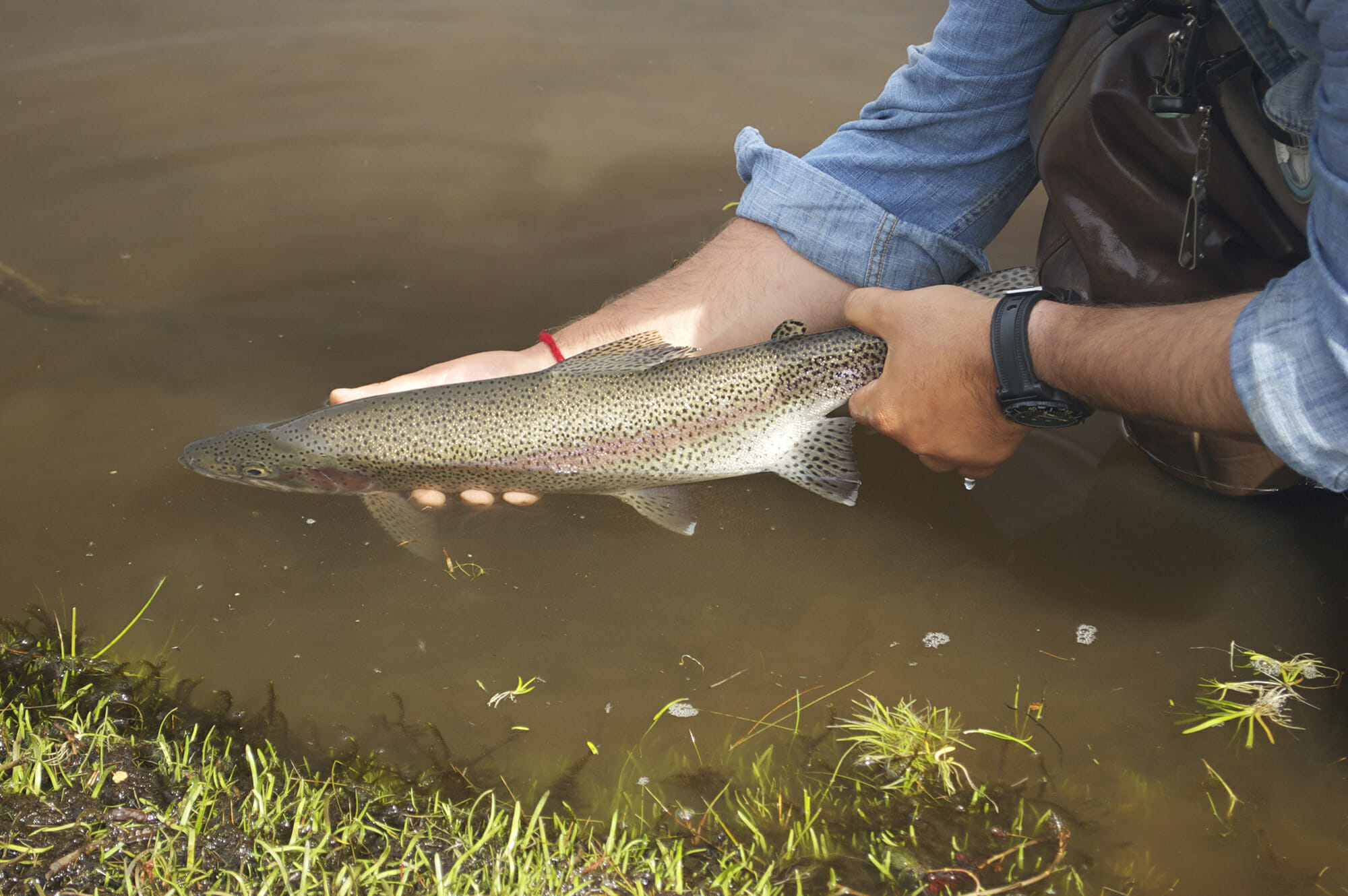There’s always much to celebrate on Independence Day.
Sure, we’re living in divisive times and there are things that concern most of us for different reasons and in different ways in America these days. But the bottom line is that this collective “experiment in democracy” is still kicking (and then some) 247 years after a roomful of visionaries gathered in Philadelphia to literally go “all-in” for a new nation. I, for one (and no doubt many of you), am forever grateful and proud.
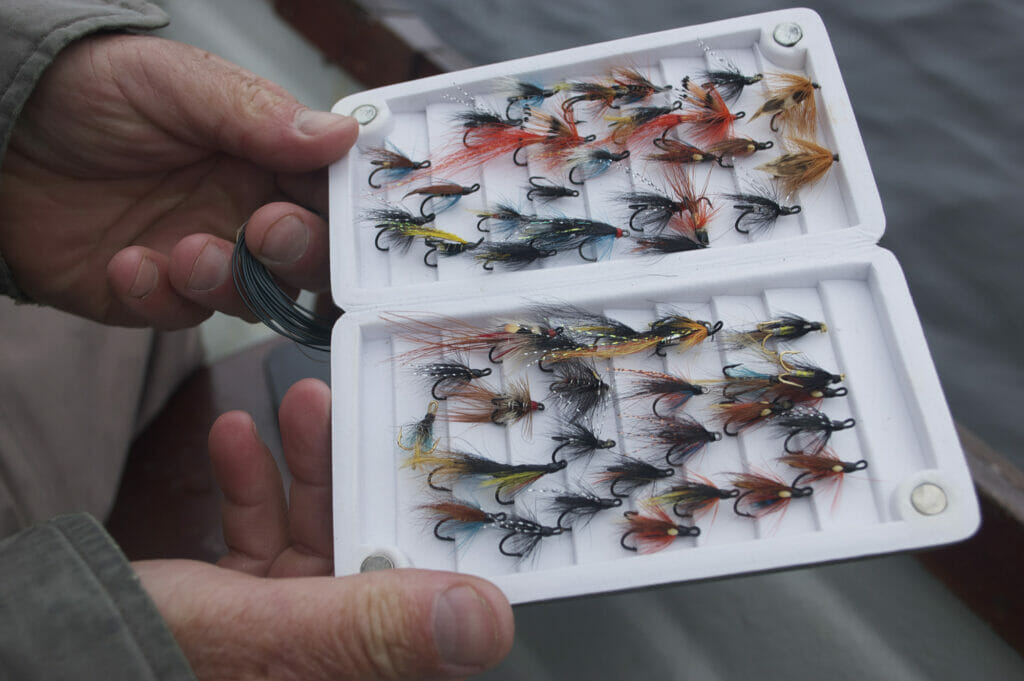
As an angler—especially one who has been fortunate enough to fish and write stories about that stuff in many places throughout the world—it doesn’t take fireworks or parades to trigger that pride. Because wherever I go to fish and write, I am always made keenly aware of just how blessed American anglers are. And that ultimately boils down to one thing…
Access.
Public lands and public water. Millions and millions of acres of National Parks, National Forests, National Monuments, Bureau of Land Management tracts, state forests and parks, and much more, which encompass many, many miles of clean, fishable rivers and streams, pristine lakes and ponds, open oceans and saltwater flats, brackish estuaries and beyond are the pride of all Americans.
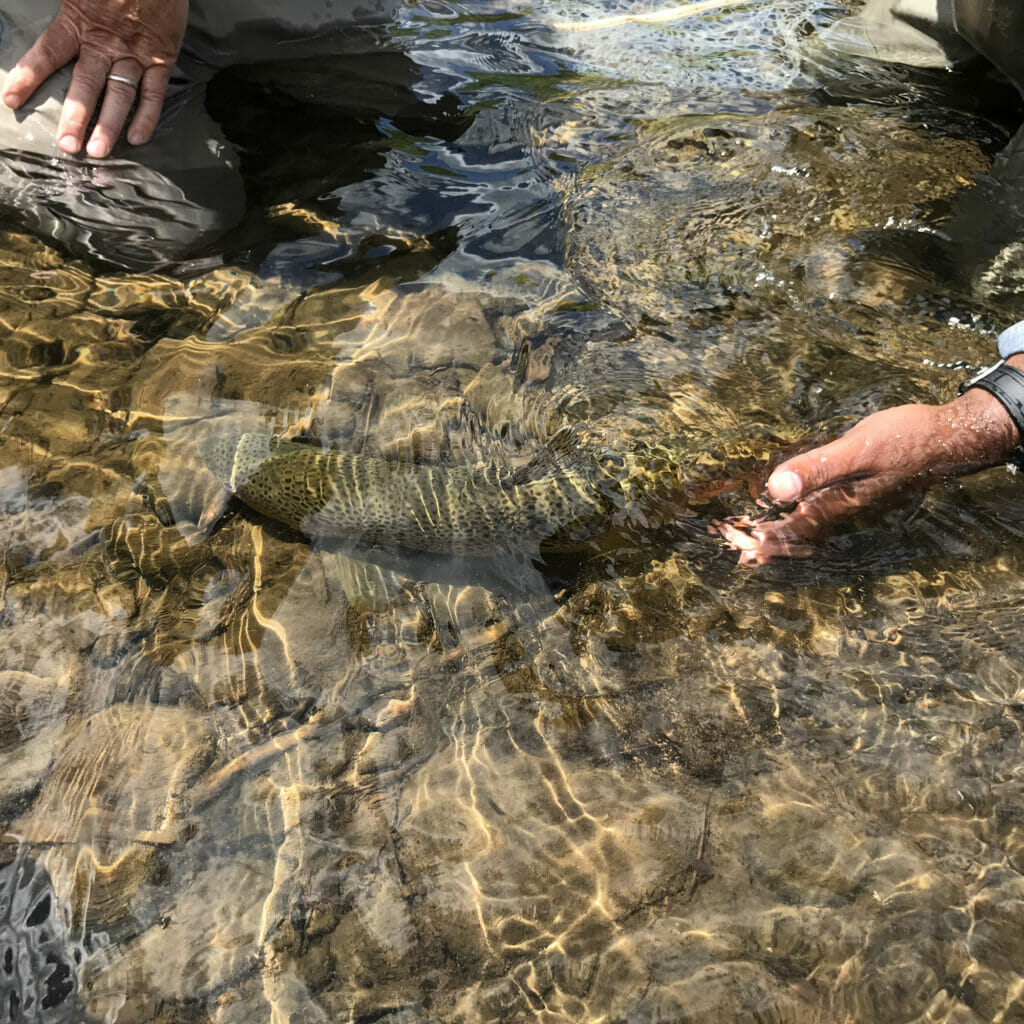
Granted, we’re not perfect as a fishing nation, by any means, and we can certainly learn by looking at the vast tracts of Canadian wilderness, for example, or the island-state of Tasmania, in Australia, which boasts not only the cleanest air and water on the planet, but also having over 40 percent of its landscape forever preserved against development.
But there have been many times when I have traveled far distances to fish in other countries, enjoying amazing fishing in the process, only to realize that what I’ve tapped is a very select, canned and regulated opportunity to be meted out to visitors for a fee, or available to only the wealthy within that country’s own borders.
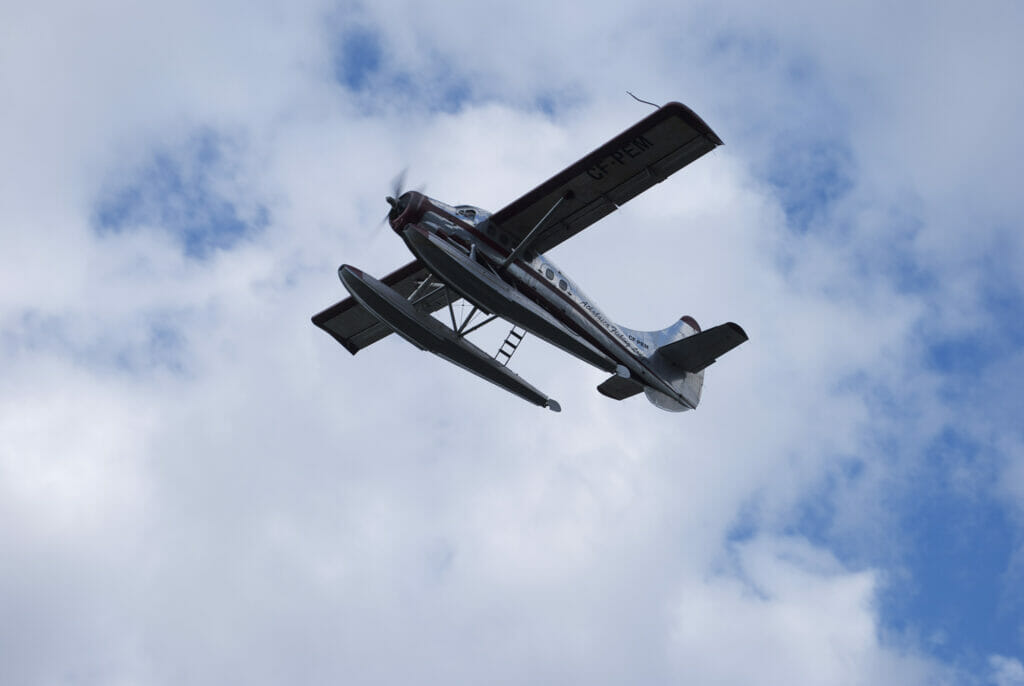
Those experiences make for interesting stories, with alluring photographs and all that. But as a guy who has written those stories and taken some of those photos, I can tell you that the real net effect has ultimately been to make me appreciate what I have back home. And I can also tell you that the vast majority of the people with whom I fish in those far-away places are also envious of the fishing opportunities I describe when I talk about the USA.
The notion of just driving to a beautiful place to fish, strapping on your boots and getting after it, simply does not happen in many other locales throughout the world, including many, if not most, of the “exotic” places we read about, enjoy photos from, and drool over.
“Nirvana” in the fishing world, can be home, Americans. And we need to start doing a better job of understanding that, appreciating that, and protecting it.
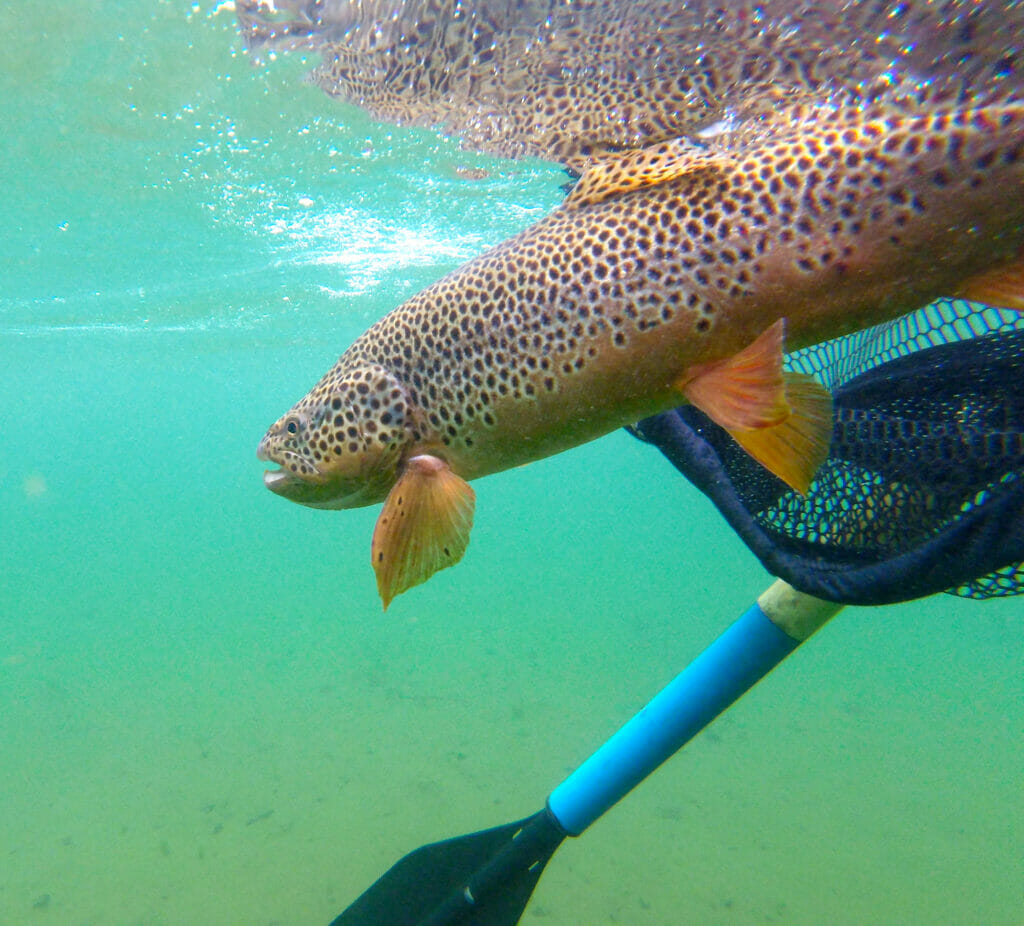
Protecting it starts with things like taking out obsolete dams, opening waterways, and making our rivers more resilient to the human-caused effects of climate change.
Protecting also involves having a conscience as an angler and realizing you’re sharing the resource. So, catching as many fish as possible, by whatever means—even if you practice catch and release—is selfish angling. The “industrialized” fishing scene on some of our public waters is pretty darn troubling.
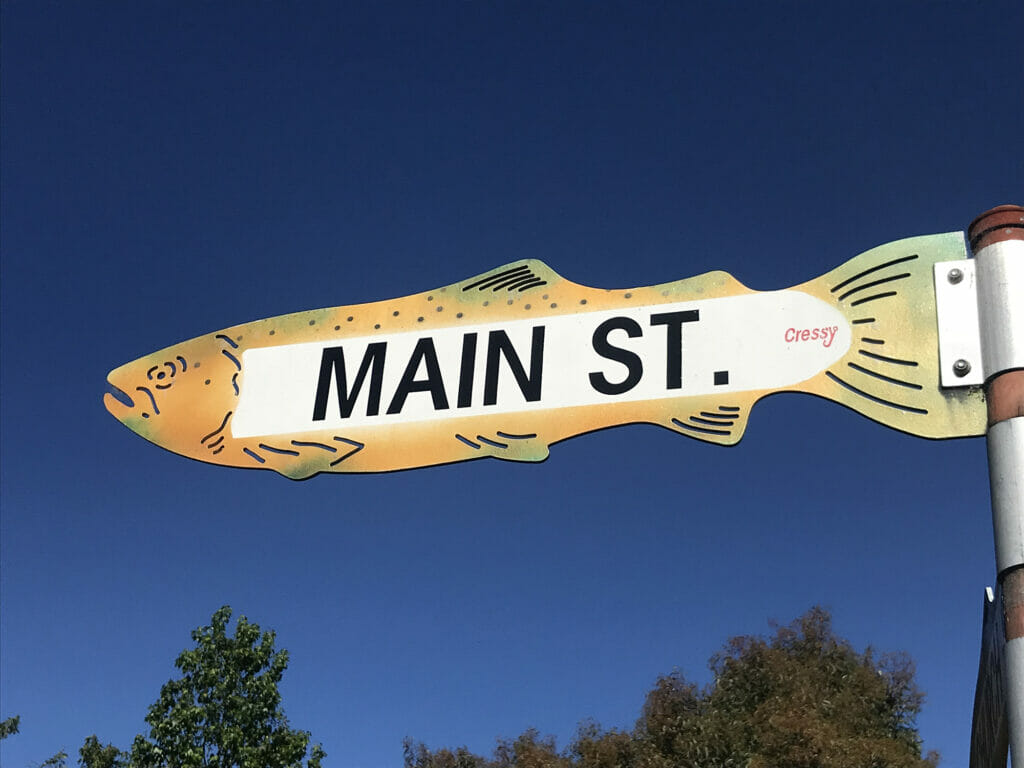
But above all, backtracking on public access, in my personal opinion, is an angling sin. And frankly, again in my own opinion, I think that’s un-American.
We all understand and deal with the “what is” scenario. And some state laws are set up one way, and others diverge. That’s fine. Know the deal going in. As a landowner, and angler, I truly see it both ways. I don’t think trespassing is a right—yet thankfully, there are plenty of other opportunities to go around.
Instead of the turf/water wars, and especially backtracking on “what is”— which frankly smacks the same way as a bunch of children scooping up the candy under a burst pinata—we should all work together to make all our fishable waters even better and deserving of worldwide respect.
In the spirit of E Pluribus Unum.
That’s something that can and should make any American angler proud.



